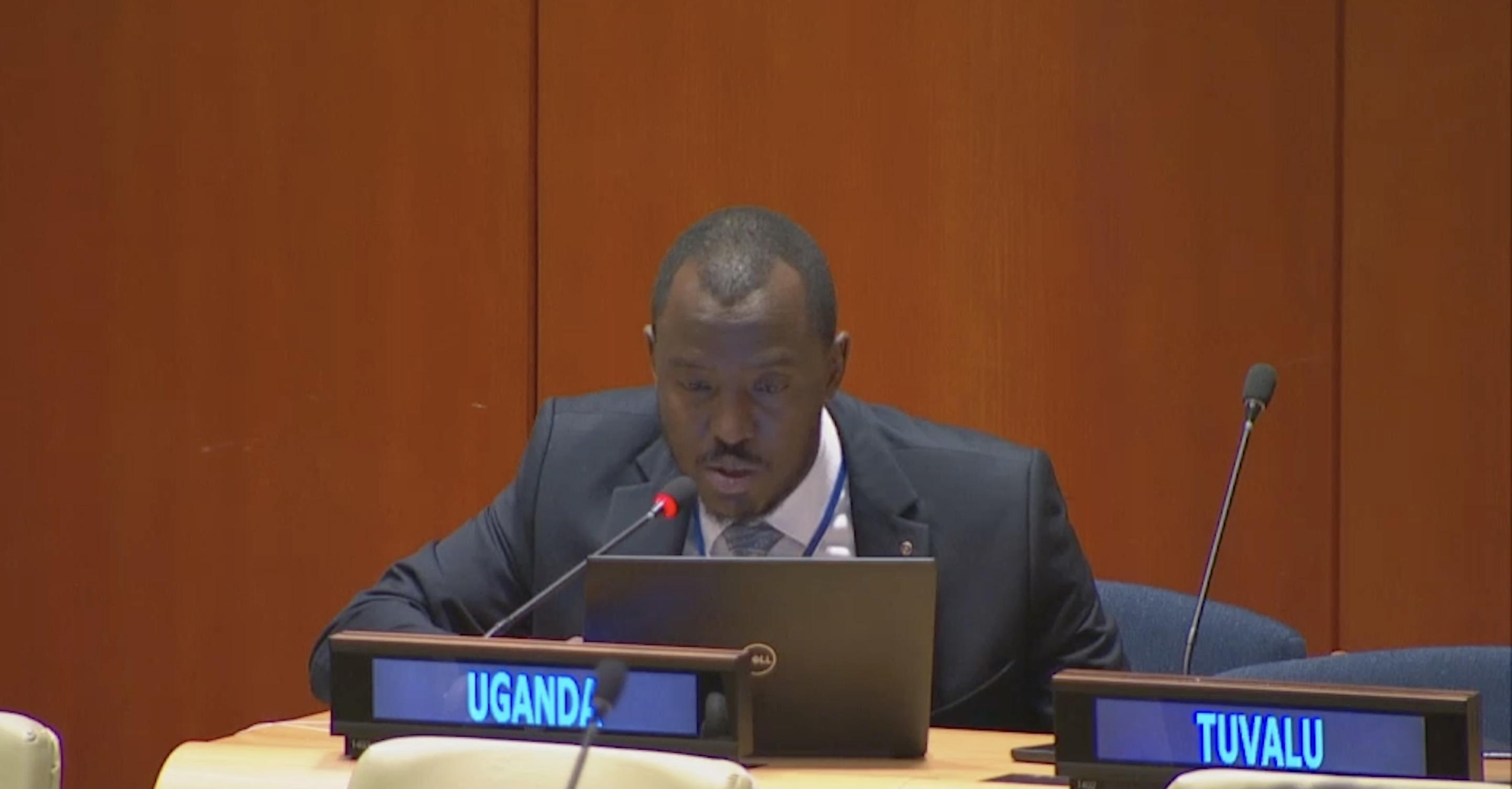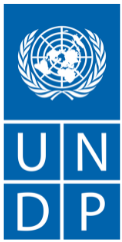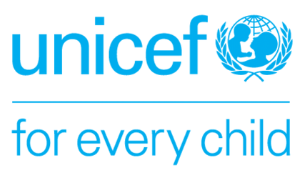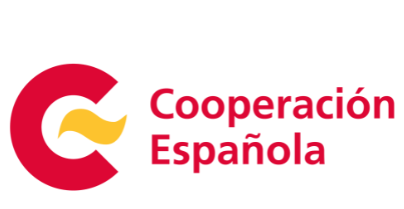Mr Robert Baingana Matsiko, Senior Economist, Development Assistance and Regional Cooperation, Ministry of Finance, Planning and Economic Development, Uganda joined the FfD Forum Plenary Session on “Integrated National Financing Frameworks (INFFs): Taking stock of national-level progress” held on Thursday, 25th April 2024 in New York.
Mr Matsiko shared Uganda's journey in developing and implementing its INFF, emphasizing the shift from sector planning to national development planning, alignment between national and local plans, and the Parish Development Model (PDM) for grassroots development. The benefits include coherence between national and local priorities, private sector engagement, gender-responsive budgeting, climate action, and innovative financing options, all aimed at achieving sustainable development efficiently.
The full transcript of the speech is attached below:
Your Excellencies, Distinguished Delegates, Ladies and Gentlemen, it is an honour to share with you Uganda Republic's journey in developing and implementing the INFFs.
Under the strategic leadership of the UN Resident Coordinator Office and the Ministry of Finance, Uganda has made significant strides towards aligning development planning and financing. Allow me to delve into the key aspects. We had the joint program on the INFF in 2020. We embarked on a joint program known as the Integrated Financing in Uganda, led by UNDP and involving agencies like UN Women and UNCDF. The program's objectives were to enhance alignment between development planning and financing, prepare a comprehensive national financing strategy and improve public finance management. Then the other intervention was the program best planning and budgeting.
Uganda shifted from sector planning to national development planning using programs. The 20 national programs were identified and prioritized, each with detailed program implementation action plans. The third intervention was the alignment between national and local plans. UNDP supported and facilitated the alignment of 176 local government development plans to the National Development Plan. This ensured coherence and synergies between national and local development priorities. The other intervention was the development of a roadmap to the Parish Development Model, known as the PDM.
The PDM aims to achieve socioeconomic transformation at the village and community level. The Parish serves as an epicentre for development activities, fostering integrated approaches. Then the other intervention was the certificate of budget compliance process. Uganda revised the methodology of assessing alignment between development planning policies and budgetary frameworks. This certificate of budget compliance now evaluates both national and local levels.
Through the integrated national development policies and strategies, we launched key policies and strategies, including the development finance assessment, the public investment financing strategy, the roadmap for SDG implementation, and the national industrial policy 2020. So all these are interventions that were created by the INFFs.
We also have the private sector engagement. The UNDP supported the creation of the investment map for Uganda and the use of market intelligence tools to assist private investors by providing insights into the local market conditions. We also had support to gender-responsive budgeting from the UN Women and mainstreaming climate actions, development of a national green taxonomy and framework for innovative financing options.
We've also had support to the creation of a project preparation fund and constituted the Resource Alignment Committee and allocated institutional responsibilities for all the financing options in the public investment financing strategy (PIFS). What we are looking to next is monitoring and reviewing and governance of all these activities, which will be an iterative process that will be undertaken concurrently with the implementation of the PIFS.
In conclusion, Uganda's experience with the INFFs demonstrates the power of collaboration, strategic planning, and innovative financing. And as we embark on this journey, we remain committed in mobilising new resources and efficiently utilize public funds for maximum impact in order to achieve sustainable development for all.
Thank you.














